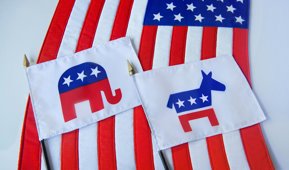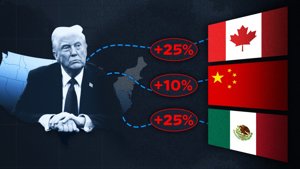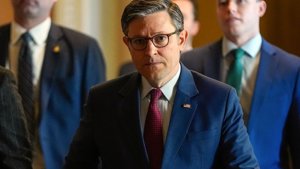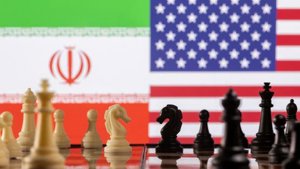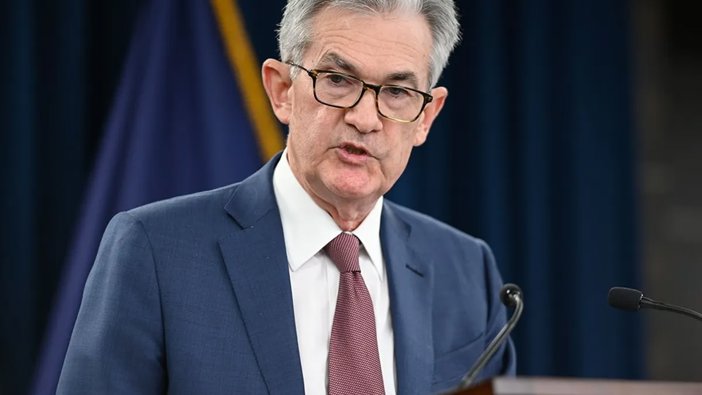
Trump Criticizes Powell on Rates
United States President Donald Trump openly criticized Federal Reserve Chair Jerome Powell during a rally in Michigan, asserting that he has a better understanding of interest rates than the central bank leader. Trump’s remarks added another layer of tension to an already scrutinized relationship between the executive branch and the Federal Reserve.
“Interest rates came down, despite the fact that I have a Fed person who's not really doing a good job, but I won't say that,” Trump told the crowd. He followed up with a sarcastic tone, adding, “I want to be very nice. I want to be very nice and respectful to the Fed.”
Despite that declaration, Trump went on to make a bold claim: “You're not supposed to criticize the Fed. You're supposed to let him do his own thing. But I know much more than he does about interest rates, believe me.”
The statement echoed previous episodes of friction between Trump and Powell during Trump’s earlier term, when the president frequently challenged the Fed’s rate decisions and policy direction. Trump’s comments appeared to blend sarcasm and critique, signaling his continued frustration with what he sees as poor monetary leadership.
By addressing interest rate policy at a political rally, Trump spotlighted economic management as a central theme of his agenda. His claim of superior knowledge over Powell suggests a push to reinforce confidence among his supporters in his approach to handling inflation, interest rates, and overall economic stability.
The Federal Reserve traditionally maintains independence from presidential influence, but Trump’s comments underscore ongoing political pressure surrounding its decisions. While Powell has refrained from engaging in political disputes, the president’s statements may increase scrutiny of the Fed’s next moves.
As the U.S. economy continues to face volatility and debate over monetary tightening, Trump’s remarks may further polarize public sentiment and raise questions about the balance between political leadership and institutional autonomy in economic policy.


